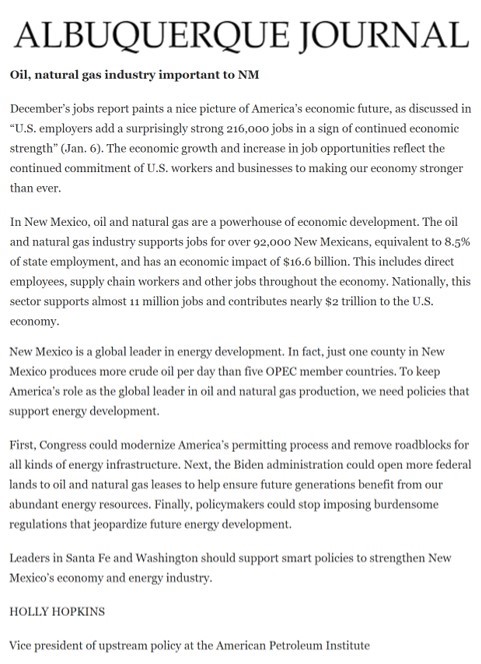
Al-Ghais pointed out that even as the world shifts towards greener alternatives, oil will still be necessary to support economic and industrial activities. He argued that relying solely on renewable energy could lead to significant gaps in energy security. "No single form of energy can currently meet expected future energy demand," Al-Ghais stated, calling for an 'all-peoples, all-fuels and all-technologies' strategy to tackle climate change while ensuring energy security.
These remarks come in response to the International Energy Agency's projection that global oil demand will decline as electric vehicles (EVs) become more widespread. Al-Ghais countered this outlook, suggesting that the pace of transition to EVs and other renewable sources might not be fast enough to replace the current demand for oil, especially in industries where oil is a critical input.
OPEC's position reflects a broader perspective on energy transitions. The organization asserts that oil-producing nations have comprehensive national electrification plans aimed at reducing emissions. This multifaceted approach aims to mitigate climate change impacts while recognizing the ongoing necessity of oil in the energy mix.
Al-Ghais highlighted that sudden reductions in oil production or usage could lead to economic disruptions and energy shortages. He stressed that a gradual, well-managed transition is essential to maintain global energy stability. "If oil vanished today, many vital products and services that use oil or its derivatives would vanish too," he noted.
This stance is not without its critics. Environmental groups argue that the continued emphasis on oil undermines efforts to combat climate change. However, Al-Ghais and OPEC maintain that a pragmatic approach, utilizing a mix of energy sources, is crucial for a sustainable future.
OPEC's latest meeting reinforced this viewpoint, with the organization deciding to extend its output cuts into 2025 to stabilize oil prices. This move aims to balance market supply and demand, ensuring that member countries can maintain economic stability while supporting global energy needs.
As the energy landscape evolves, OPEC's message is clear: oil will remain a cornerstone of global energy strategies for the foreseeable future. The organization's leadership advocates for a balanced approach, integrating renewable energy sources while acknowledging the ongoing significance of oil.
While the global push for renewable energy intensifies, OPEC's leadership underscores the essential role of oil in ensuring energy security and economic stability. This balanced approach aims to address climate change without compromising the reliability and availability of energy necessary for global development.
Sources:
- OPEC: Why the world needs more oil, not less – Al Ghais
- Al Arabiya: OPEC head rejects criticism over oil deal, says demand is good
Topics
Economy
